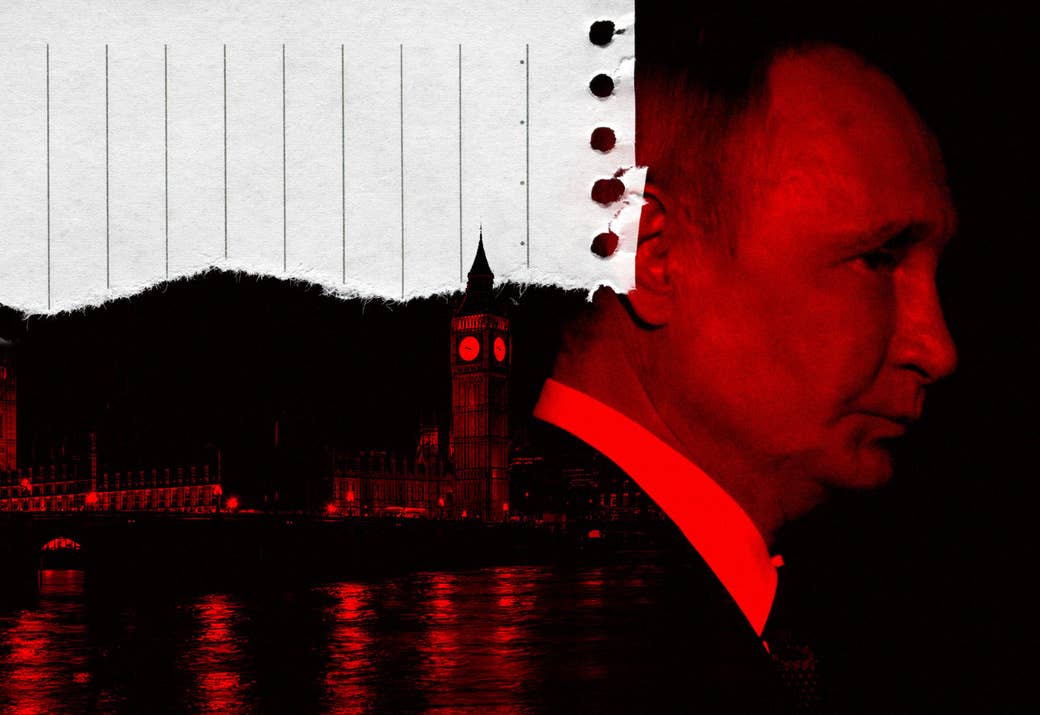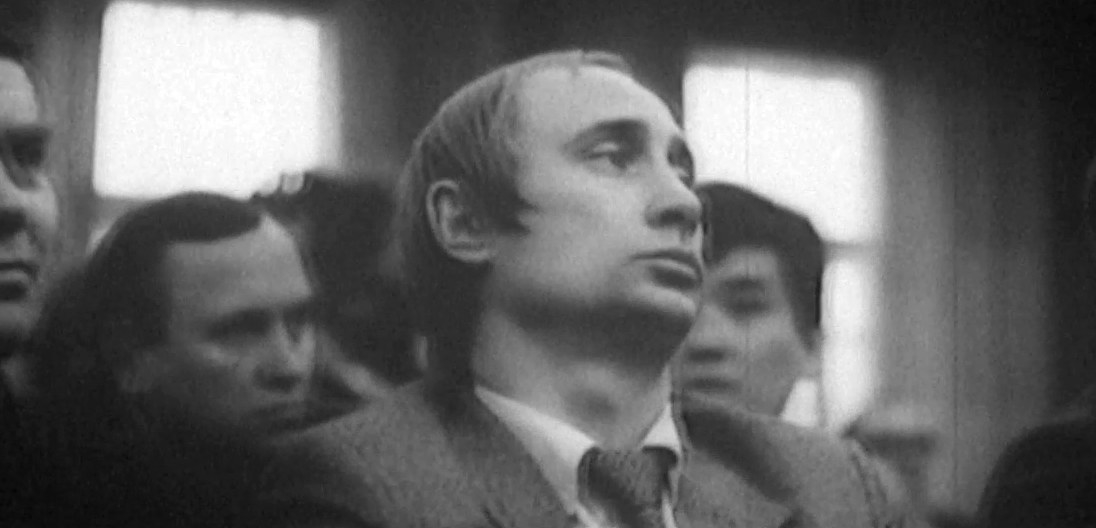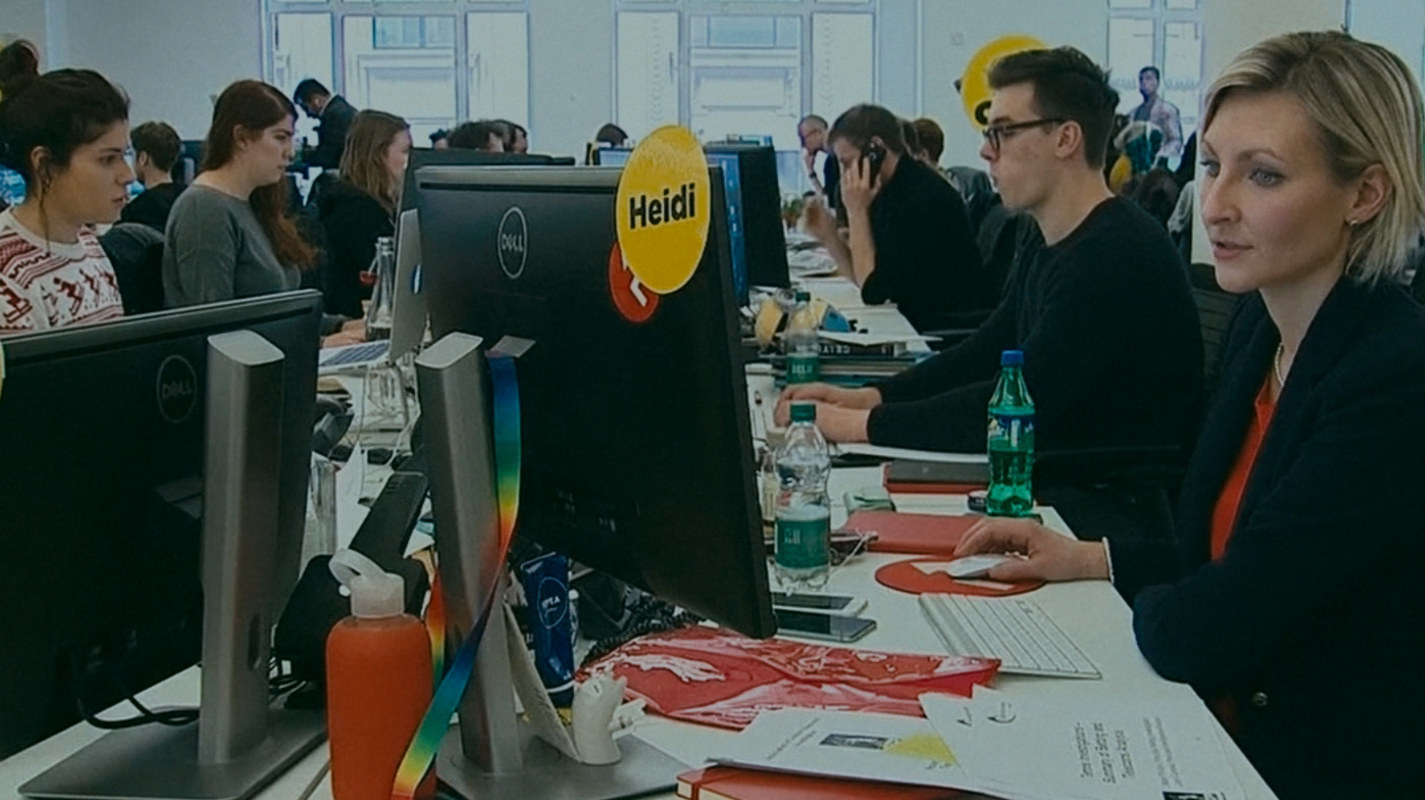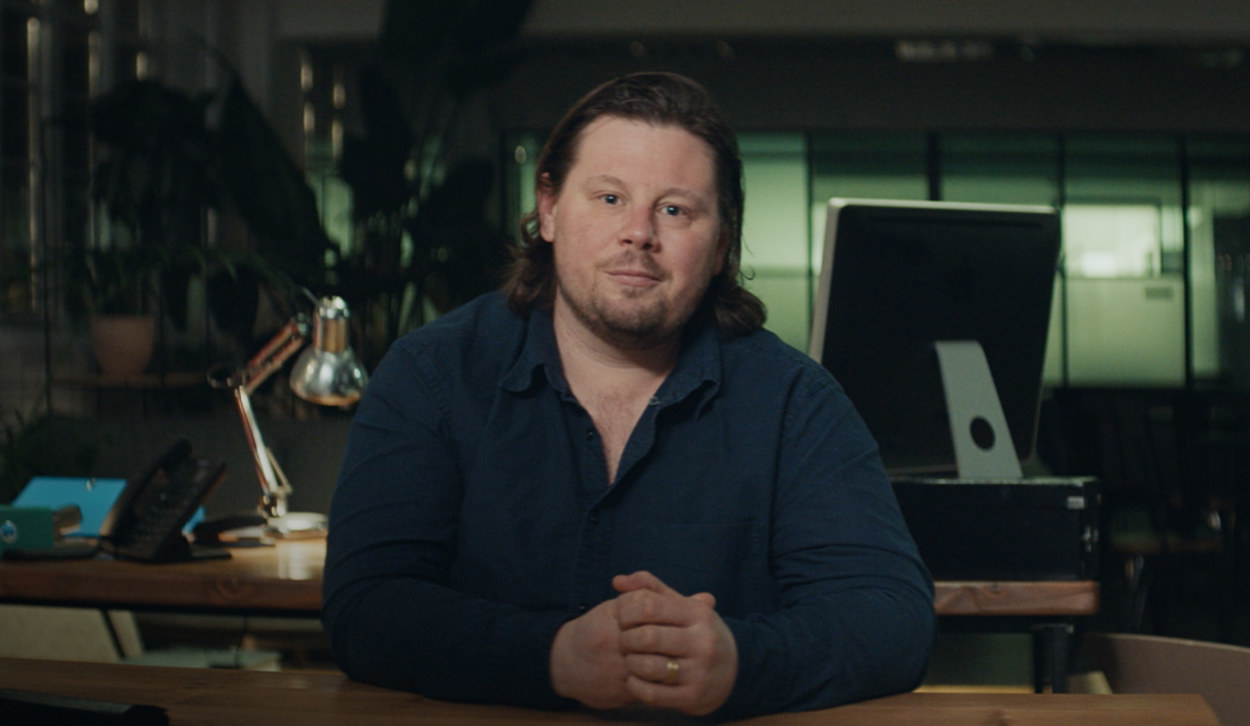
There are moments in life where you really do think you have lost your mind.
Mine came in spring 2017, when I came home to my house in East London to find my reporter’s notebook standing upright in the middle of the room. I couldn’t have left it there, surely? Not like that, at least. And those documents hadn’t moved, had they?
I never quite worked out whether I had gone loopy from paranoia or whether someone had gotten into my stuff, but the BuzzFeed News security team moved me into a hotel in central London nonetheless. One of my colleagues, Heidi Blake, was already there, and with good reason. Someone had been sitting in a car parked outside her house, watching her, every night.
We were midway through an investigation into a series of suspicious deaths linked to the Russian state and organized crime. Eventually our reporting was turned into a book, From Russia With Blood: The Kremlin’s Ruthless Assassination Program and Vladimir Putin’s Secret War on the West, written by Heidi and published in 2019, and a six-part documentary series, Once Upon a Time in Londongrad. It begins streaming on Peacock on Nov. 15 and tracks the rise of Vladimir Putin and how he ruthlessly quelled any opposition.
Back in 2017, the idea that the Russian state or the country’s mafia groups were committing targeted killings in the West was tacitly accepted and yet pretty much ignored by the authorities.
I’d covered Russia in some form or another since the early 2010s. Working in a previous newsroom, we had revealed how Russian money was filtering into the British Conservative Party. We found that the wife of a former chair of the Russian state bank had paid £160,000 to play tennis with then–prime minister David Cameron and then–mayor of London Boris Johnson.
And when I joined BuzzFeed’s UK investigations team in 2015, Heidi told me she wanted to look into a ring of suspicious deaths in London, all linked to Russia. We were a new team of investigative reporters, excited to make our mark on the British media. It sounded like a dream project — though we had no idea how challenging it would prove.
Since Vladimir Putin’s rise to power at the turn of the millennium, Russia had committed, or been linked to, a number of high-profile crimes. It had used a radioactive poison to assassinate Alexander Litvinenko, a defector in the UK; invaded Georgia and Ukraine; been involved in shooting down a passenger jet; and bombed civilian populations in Syria. On the domestic front, Putin’s regime had violently suppressed dissent and taken out opponents in targeted assassinations.
And through it all, the Russian state issued billowing, bilious lies to cover its tracks. Officials would smirk as they proposed that Malaysian Airlines Flight 17 was in fact shot down by a Ukrainian fighter jet, or that Litvinenko was actually killed by the British intelligence services. Putin himself would lie mercilessly in interviews.

Despite this litany of wrongdoing, commercial relations between Russia and the West continued. Capital has its own gravitational force. Oligarchs lived in palatial mansions in the countryside around London or in vast townhouses in the prime areas of the city. They shopped at Harrods and ate at the best restaurants. They employed an army of fixers — lawyers, accountants, and lobbyists — to defend their interests.
We started looking at one of these fixers, a Scottish property developer named Scot Young. He had died falling out of a window in London in 2014. His family believed that he had been pushed, and a coroner’s court returned an open verdict, saying there was insufficient evidence to declare it a suicide.
We looked into Young’s associates, several of whom had also died under suspicious circumstances, including an oligarch whom Young had worked for named Boris Berezovsky. A former mathematician, Berezovsky had become a businessperson after the collapse of the Soviet Union.
As he acquired high-level criminal and political connections, Berezovsky became one of Russia’s richest men, with entire industries under his command. In 1999, he helped install Putin as president. He soon became a critic, and the pair fell out. After Russia started an investigation into his business affairs, he fled to London.
Russia unsuccessfully sought Berezovsky’s extradition, and two attempts were made on his life. The oligarch became a full-fledged dissident, supporting anti-Putin movements from his home in the UK.
We found that both Young and Berezovsky were under investigation by the FSB, Russia’s intelligence service, and that Young had been covertly laundering Berezovsky’s money back into Russia.
And there were other cases, too. A British nuclear scientist who helped investigate the poisoning of Litvinenko had died after stabbing himself multiple times with two knives, one of which he left in the kitchen sink; police deemed it a suicide. Or the Russian money launderer who fled to the UK and turned whistleblower. He died from a heart attack after a weekend in Paris. The police didn’t investigate whom he met there, and crucial evidence went missing, including the whistleblower’s computer files. Part of his inquest was held in secret for national security reasons.

Reporting out all these cases was a gargantuan task. We had a group of colleagues with different specialities, all chasing the story. We traveled around the world to meet sources, spent hours on the phone chasing leads, and built an encrypted server to forensically comb through thousands of documents.
In the end, we found that the US intelligence community had a highly classified report detailing evidence in each of the cases. One former US intelligence official said that British intelligence services had told him they knew about a Russian targeted-killing program in the UK.
When we published our series, we were surprised that it wasn’t picked up more widely by other news outlets. But soon after — and for tragic reasons — that changed.
In March 2018, two people were found slumped on a bench in Salisbury, a quiet cathedral city in the rural southwest of England. It was former KGB agent turned defector Sergei Skripal and his daughter. It emerged they had been poisoned with a nerve agent.
The weapon, an aerosol spray disguised as a Nina Ricci perfume bottle, was discarded while the perpetrators fled. It was later found by a local builder, Charlie Rowley, who took it home and gave it to his partner, Dawn Sturgess. She died after testing the perfume on herself.

Suddenly, the UK seemed aware of how serious the problem was. Our reporting was raised in Parliament, and the government released an intelligence report saying that Russia had for decades been developing poisons for use in assassinations and training special operations teams to administer them.
In the years since the stories were published, the world has changed. Russia has been found to have interfered with a number of democratic elections, including in the US. And in February, it invaded Ukraine, where Russian troops have been accused of grievous human rights abuses.
But some things remain the same. Earlier this year, as the war in Ukraine ramped up, there were a series of suspicious deaths of Russian business leaders.
Two of the victims were found dead alongside family members in apparent murder-suicides. One occurred in Spain, and a surviving family member questioned the cause of death. Spanish police have launched an investigation.
The deaths serve as a reminder that Putin’s Russia is as vengeful as it was when he became president at the turn of the millennium. I just hope that the West is now more attuned to the dangers we reported years ago — and that perhaps one day the US and UK governments will release what they know about these cases. ●

